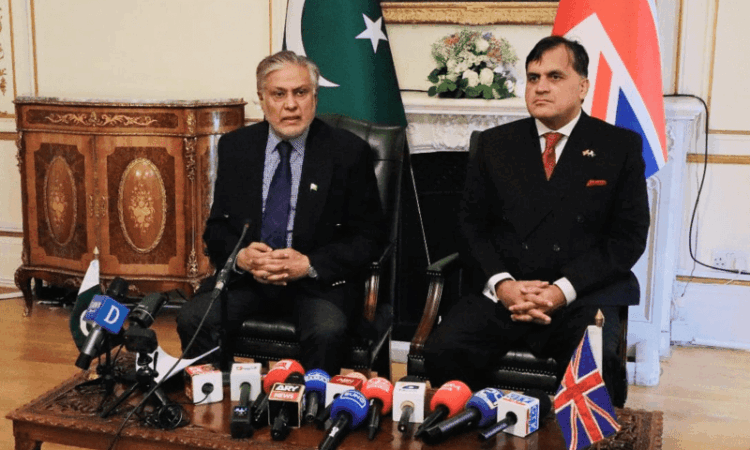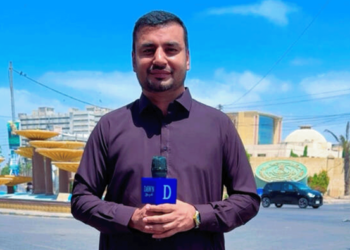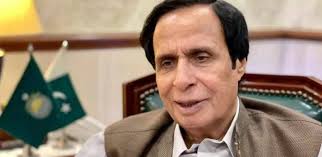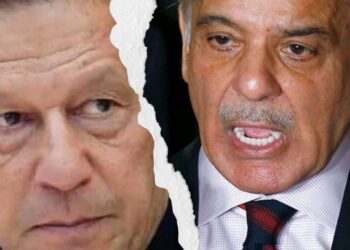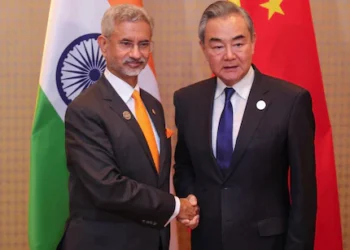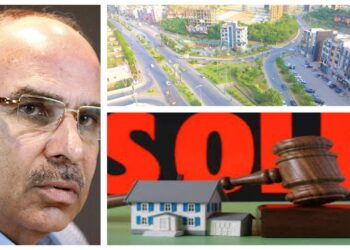LONDON; Deputy Prime Minister and Foreign Minister Ishaq Dar on Monday dismissed speculation about the government introducing a 27th Constitutional Amendment, stressing that Pakistan is experiencing political stability and economic recovery, and therefore no new amendment is required at this stage.
Addressing reporters in London during his ongoing visit to the United Kingdom, Dar said the government was still absorbing the effects of the 26th Amendment and urged patience. “We are still digesting the 26th Constitutional Amendment, so there is no need for a 27th right now. The country is running well. There is stability and economic improvement,” he remarked.
The 26th Amendment itself remains a matter of debate, particularly with unresolved issues such as the idea of a constitutional court and broader judicial reforms. In recent months, speculation has grown in political and legal circles about a follow-up amendment, with some insiders suggesting that the 27th could aim to refine the structure and functioning of the superior judiciary. The Islamabad High Court Bar Association had even endorsed the idea of judicial rotation across the country. However, Dar’s categorical statement represents the first official denial of such plans.
Turning to economic matters, the deputy prime minister underscored that the government’s main focus was on growth and development under Prime Minister Shehbaz Sharif’s leadership. “We are putting our full attention towards GDP growth and development,” Dar said. He recalled that under former prime minister Nawaz Sharif in 2017, Pakistan had become the 24th-largest economy in the world. “We are headed that way very quickly, and we are preparing to become part of the G20,” he added.
During his visit, Dar also engaged in extensive diplomatic outreach. According to the Foreign Office, he held “productive meetings” with British lawmakers of Pakistani origin, including Mohammad Yasin, Tahir Ali, Imran Hussain, Ayoub Khan, and Adnan Hussain. In these interactions, Dar highlighted the role of the Pakistani diaspora as a bridge between Islamabad and London, strengthening mutual understanding, cultural exchanges, and people-to-people ties.
The deputy prime minister also underscored Pakistan’s commitment to deepening bilateral parliamentary exchanges with the United Kingdom. “Such engagements allow for sharing of democratic experiences, international best practices, and values essential for the stability of democratic institutions in both countries,” he emphasized. Dar also praised the efforts of British Pakistani MPs to spotlight human rights violations in Indian-occupied Kashmir, commending them for raising awareness in the UK.
Separately, Dar met UK Parliamentary Under-Secretary of State for the Middle East, Afghanistan and Pakistan, Hamish Falconer, at the Foreign, Commonwealth and Development Office (FCDO). The two sides reviewed the full spectrum of UK-Pakistan relations, reaffirming their shared commitment to strengthening cooperation across political, economic, climate, and social domains.
Regional and global developments also came under discussion. Dar reiterated Pakistan’s commitment to economic reforms and stressed the need for peace and stability in South Asia. He particularly highlighted the importance of a just resolution of the Jammu and Kashmir dispute in line with relevant UN Security Council resolutions.
Both sides expressed satisfaction with the current trajectory of bilateral relations and agreed on the importance of regular, high-level exchanges to maintain momentum and open new avenues of cooperation.








